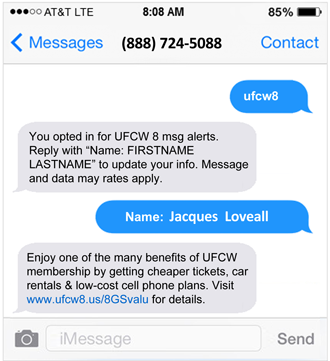What is an Unfair Labor Practice?
It’s a violation of the National Labor Relations Act for an employer to do any of the following:
- Interference, restraint, or coercion. An employer cannot interfere with, restrain, or coerce employees in the exercise of their rights. Most violations of this section include supervisors who (a) make threatening statements, (b) question employees who assert their labor rights, or (c) make false statements to workers seeking unionization.
- Employer domination or support of a labor organization. An employer may not try to dominate or interfere with the formation or administration of any labor organization, or to contribute financial or other support to such an organization.
- Discrimination on the basis of labor activity. An employer may not discriminate against an employee in hiring, or tenure of employment, or any term or condition of employment in order to encourage or to discourage membership in any labor organization.
- Discrimination in retaliation for going to the NLRB. An employer may not discharge or otherwise discriminate against an employee in terms and conditions of employment because he or she has filed charges or given testimony.
- Refusal to bargain. An employer will be in violation of the NLRA if the company (a) refuses to bargain collectively with the representatives of the employees, (b) refuses to recognize a majority union, (c) takes unilateral actions, (d) refuses to provide necessary information to union representatives, (e) refuses to sign a written contract once an agreement is reached, (e) or imposes conditions on its willingness to bargain.


